Recent attacks in Afghanistan, India, and Pakistan have resulted in significant loss of life and a heightened sense of unease in the international community. The incidents have been linked to a complex web of historical and contemporary factors, including the disputed Durand Line, a border established in 1893 between British colonial India and Afghanistan. The line, agreed to by Henry Mortimer Durand and Abdur Rahman Khan, has been a source of tension for over a century, with Afghanistan rejecting its legitimacy as a border imposed by the British that divides its Pashtun people.
According to analysts, the recent surge in violence is a direct result of the shifting regional alliances and the ongoing struggle for control of the region. "The Durand Line has been a point of contention for decades, and the current situation is a manifestation of the deep-seated issues that have been simmering beneath the surface," said Dr. Maria Rodriguez, a leading expert on South Asian politics. "The recent attacks are a symptom of the larger problem, which is the lack of trust and cooperation between the three countries."
The Durand Line was established by the British in 1893 as a border between British colonial India and Afghanistan. However, after the partition of India in 1947, it became the border between Afghanistan and Pakistan, a frontier that has never been recognized by the Afghan government. The line has been a source of tension for over a century, with Afghanistan viewing it as an artificial border imposed by the British that divides its Pashtun people.
The recent attacks in Afghanistan, India, and Pakistan have raised concerns about the stability of the region and the potential for further violence. "The situation is precarious, and it requires immediate attention from the international community," said a spokesperson for the United Nations. "We urge all parties to engage in dialogue and work towards a peaceful resolution to the conflict."
In recent years, there have been several attempts to resolve the issue of the Durand Line, including a 2017 agreement between Afghanistan and Pakistan to establish a joint commission to demarcate the border. However, the agreement has yet to be implemented, and the issue remains a major point of contention between the two countries.
As the situation continues to unfold, analysts are warning of the potential consequences of further violence. "The region is already fragile, and the recent attacks have only added to the instability," said Dr. Rodriguez. "If the situation is not addressed promptly, it could have serious implications for regional and global security."
In the meantime, the international community is calling for calm and urging all parties to engage in dialogue. "We urge all parties to refrain from violence and work towards a peaceful resolution to the conflict," said a spokesperson for the United Nations. "The situation is complex, but it requires a collective effort to resolve."


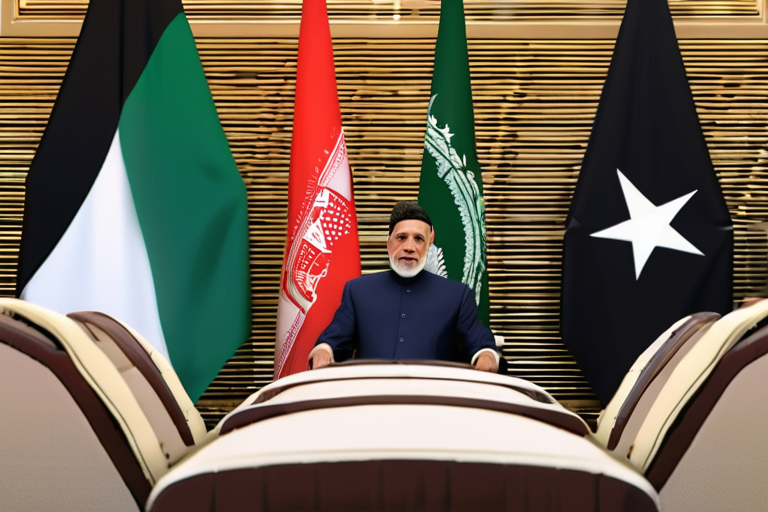
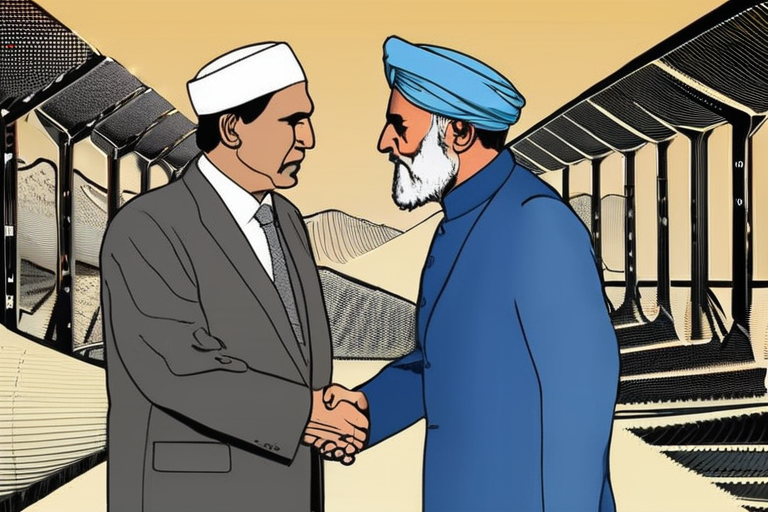


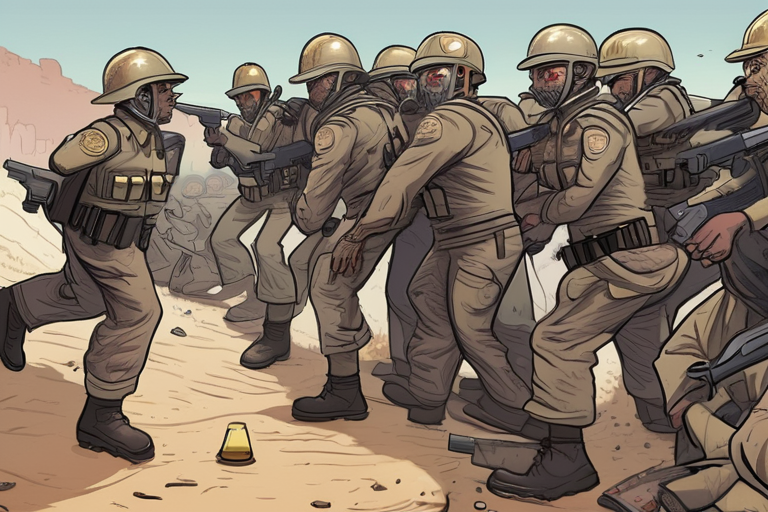

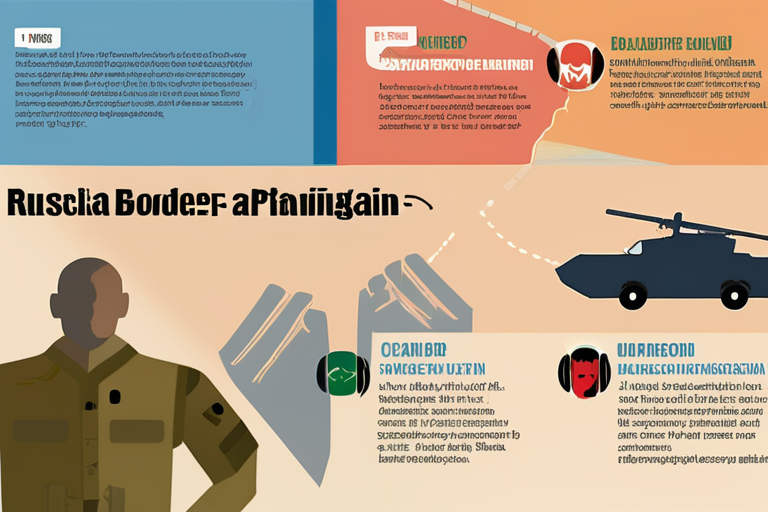
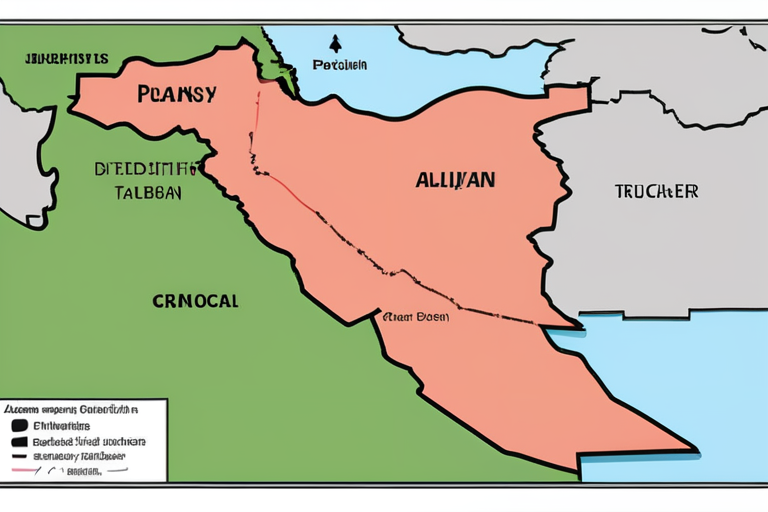


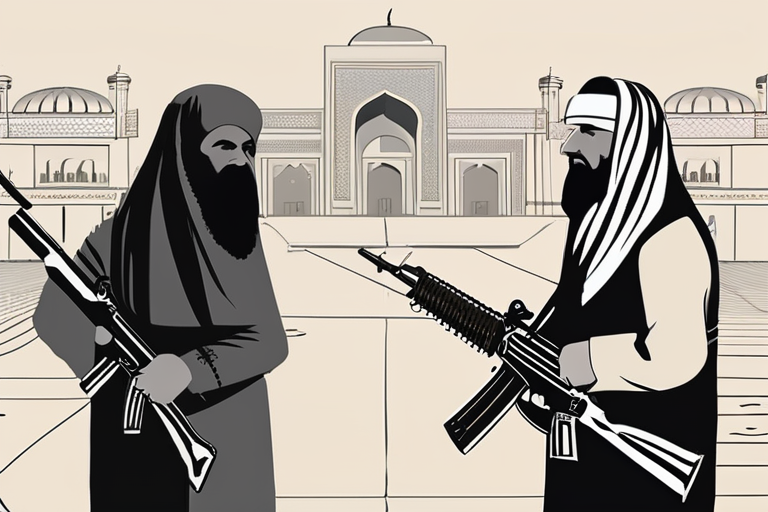
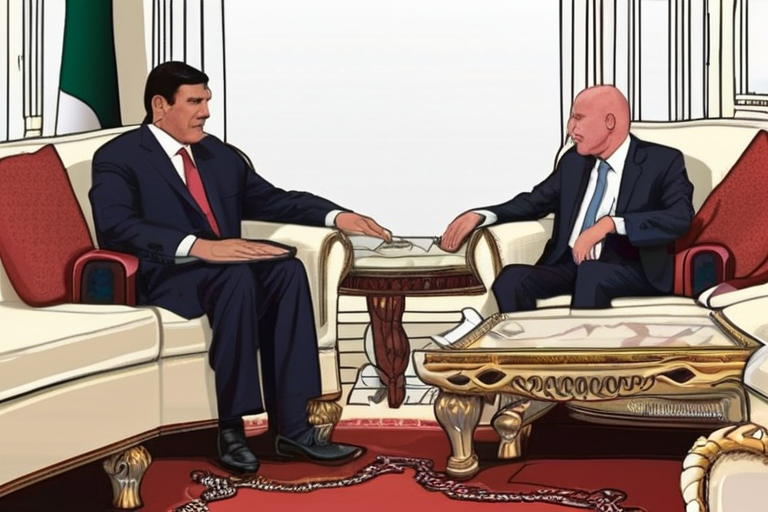


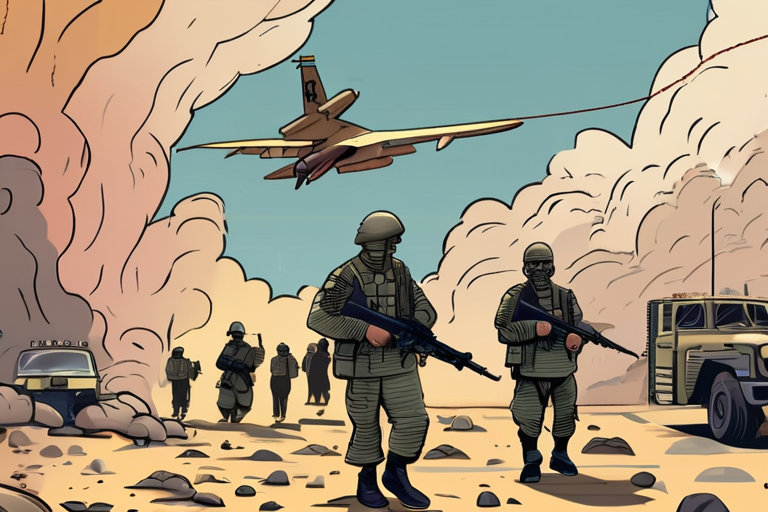


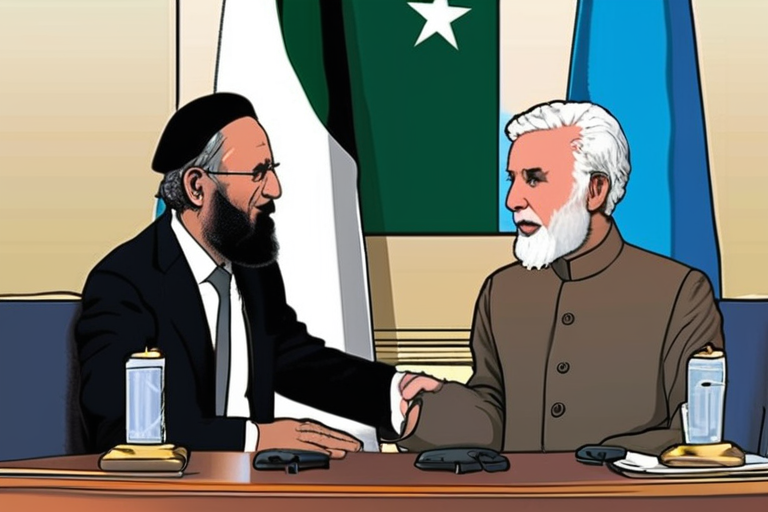


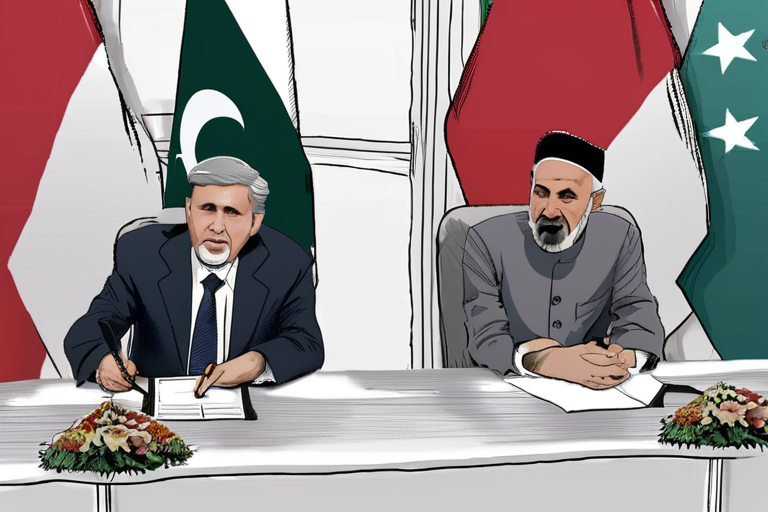
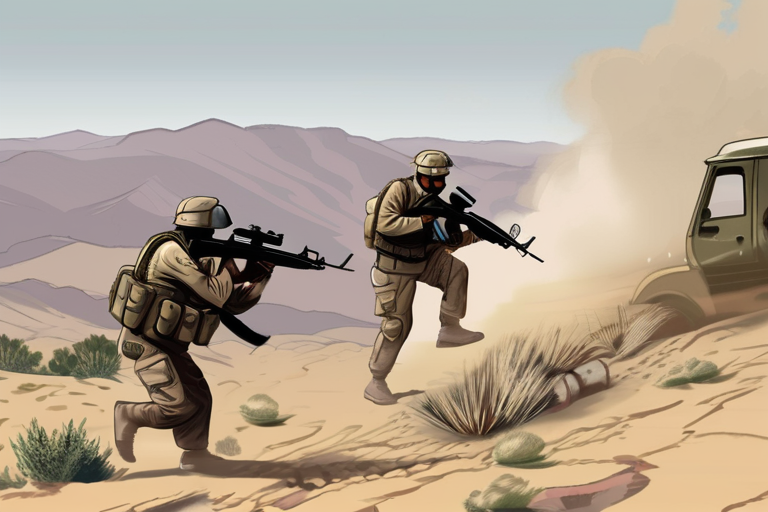
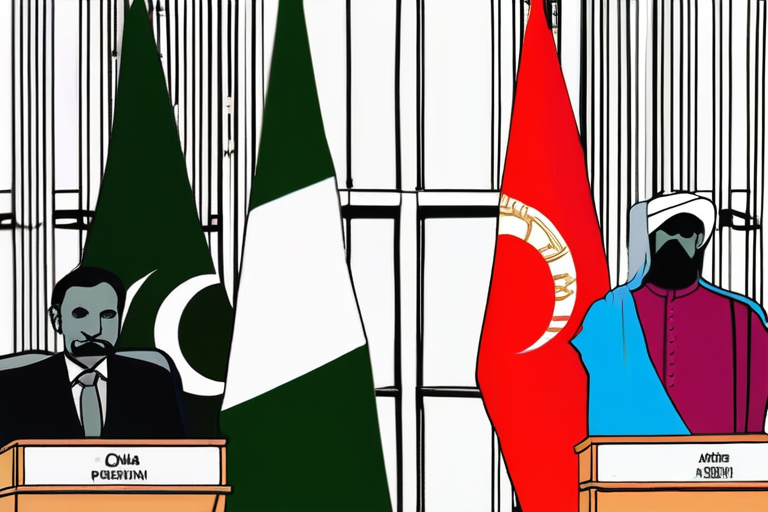

Share & Engage Share
Share this article